Addressing The Root Causes Of Misbehavior Instead Of School Suspensions

Table of Contents
The Ineffectiveness of School Suspensions
School suspensions, a common disciplinary tool, often fail to address the underlying reasons for student misbehavior. Instead of solving the problem, they often exacerbate existing issues, creating a cycle of negative consequences. Let's examine the detrimental effects of school suspensions.
Academic Disadvantage
Suspensions significantly disadvantage students academically. The time missed from school represents lost instructional time, hindering their learning and development. This lost learning can be difficult, if not impossible, to recover. Students who are suspended often fall behind their peers, leading to a cascade of negative effects.
- Increased risk of repeating grades: The academic gap created by suspension can make it difficult for students to catch up, increasing the likelihood of grade repetition.
- Reduced likelihood of graduating high school: Repeated suspensions and subsequent academic struggles significantly reduce a student's chances of graduating on time, limiting their future opportunities.
- Lower test scores and GPA: The disruption to their education often translates into lower scores on standardized tests and a lower overall GPA, further hindering their college prospects.
Social and Emotional Impact
Beyond academic setbacks, school suspensions have profound social and emotional consequences. The isolation and alienation experienced during suspension can negatively impact a student's mental health and well-being. These feelings can lead to further behavioral problems upon their return to school, creating a vicious cycle.
- Increased feelings of isolation and alienation: Separation from peers and the familiar school environment can intensify feelings of loneliness and disconnect.
- Potential for increased behavioral problems upon return to school: The negative experience of suspension can lead to increased defiance and acting out, perpetuating the cycle of disciplinary actions.
- Higher risk of involvement in the juvenile justice system: Students who are frequently suspended are at a greater risk of becoming involved in the juvenile justice system, impacting their future prospects negatively.
The School-to-Prison Pipeline
The overuse of school suspensions significantly contributes to the school-to-prison pipeline, disproportionately affecting minority students. This punitive approach reinforces negative behaviors instead of addressing their root causes.
- Discriminatory practices in suspension policies: Studies have shown that disciplinary measures, including suspensions, are often applied inconsistently and disproportionately to students of color.
- Need for equitable disciplinary measures: Addressing the school-to-prison pipeline requires equitable and fair disciplinary practices that prioritize restorative justice and support for all students. Implementing fair and consistent policies across the board is a crucial step in dismantling this pipeline.
Identifying and Addressing the Root Causes of Misbehavior
To effectively address student misbehavior, we must move beyond punitive measures and focus on identifying and addressing the underlying causes. A proactive approach is crucial in creating a supportive and successful learning environment.
Trauma-Informed Practices
Many students who exhibit challenging behaviors have experienced trauma, which significantly impacts their ability to regulate emotions and behave appropriately. Trauma-informed practices are essential in creating a supportive learning environment.
- Understanding the impact of trauma on student behavior: Recognizing the link between trauma and misbehavior is the first step in implementing effective interventions.
- Providing supportive and trauma-sensitive interventions: Creating a safe and nurturing environment where students feel understood and supported is crucial.
- Training staff on trauma-informed care: Educating school staff on trauma-informed approaches ensures consistent and effective support for students who have experienced trauma.
Addressing Underlying Learning Disabilities and Needs
Learning disabilities and unmet special needs can also contribute to misbehavior. Early identification and intervention are critical to help students succeed academically and socially.
- Early identification and intervention for learning disabilities and special needs: Implementing comprehensive screening and assessment programs can help identify students who require additional support.
- Providing appropriate support services and accommodations: Offering individualized education plans (IEPs) and other support services caters to the unique needs of each student.
- Utilizing assistive technology: Technology can play a vital role in supporting students with learning disabilities, enhancing their access to education.
Improving School Climate and Culture
A positive and supportive school climate is essential for reducing misbehavior. Creating a sense of belonging and fostering positive relationships between students and staff are critical factors.
- Creating a positive and supportive school environment: A welcoming and inclusive atmosphere reduces feelings of alienation and increases student engagement.
- Promoting positive relationships between students and staff: Strong student-teacher relationships build trust and provide crucial support.
- Encouraging student involvement in school decision-making: Giving students a voice empowers them and promotes a sense of ownership in their school community.
Alternative Approaches to Discipline
Instead of relying on suspensions, schools can adopt alternative disciplinary approaches that focus on restorative practices and positive behavior interventions.
Restorative Justice Practices
Restorative justice focuses on repairing harm and building relationships. It involves students in conflict resolution processes, promoting accountability and responsibility.
- Circle discussions: These facilitated discussions allow students to share their perspectives and find solutions collaboratively.
- Mediation: Mediation involves a neutral third party to help students resolve conflicts peacefully.
Positive Behavior Interventions and Supports (PBIS)
PBIS is a proactive approach to preventing misbehavior. It involves teaching positive behavior expectations and providing consistent reinforcement of positive behaviors.
- Data-driven decision-making: Tracking student behavior and identifying trends helps tailor interventions effectively.
- Multi-tiered system of support (MTSS): This framework provides tiered support to address the needs of students with varying levels of behavioral challenges.
Conclusion
School suspensions, while seemingly a quick solution to disruptive behavior, ultimately prove ineffective in addressing the underlying issues that contribute to misbehavior. By shifting our focus from punitive measures to proactive strategies that address the root causes – from trauma and learning disabilities to fostering a positive school climate – we can create a more supportive and productive learning environment for all students. Let's move beyond school suspensions and invest in creating schools that nurture student success and well-being. We need to prioritize effective alternatives to school suspensions to build safer and more equitable learning environments for every child. Let's work together to replace ineffective school suspensions with more beneficial strategies.

Featured Posts
-
 1 26 000
May 02, 2025
1 26 000
May 02, 2025 -
 Bbcs 1 Billion Funding Gap Unprecedented Problems Ahead
May 02, 2025
Bbcs 1 Billion Funding Gap Unprecedented Problems Ahead
May 02, 2025 -
 Glastonbury 2025 Secure Your Resale Tickets Now
May 02, 2025
Glastonbury 2025 Secure Your Resale Tickets Now
May 02, 2025 -
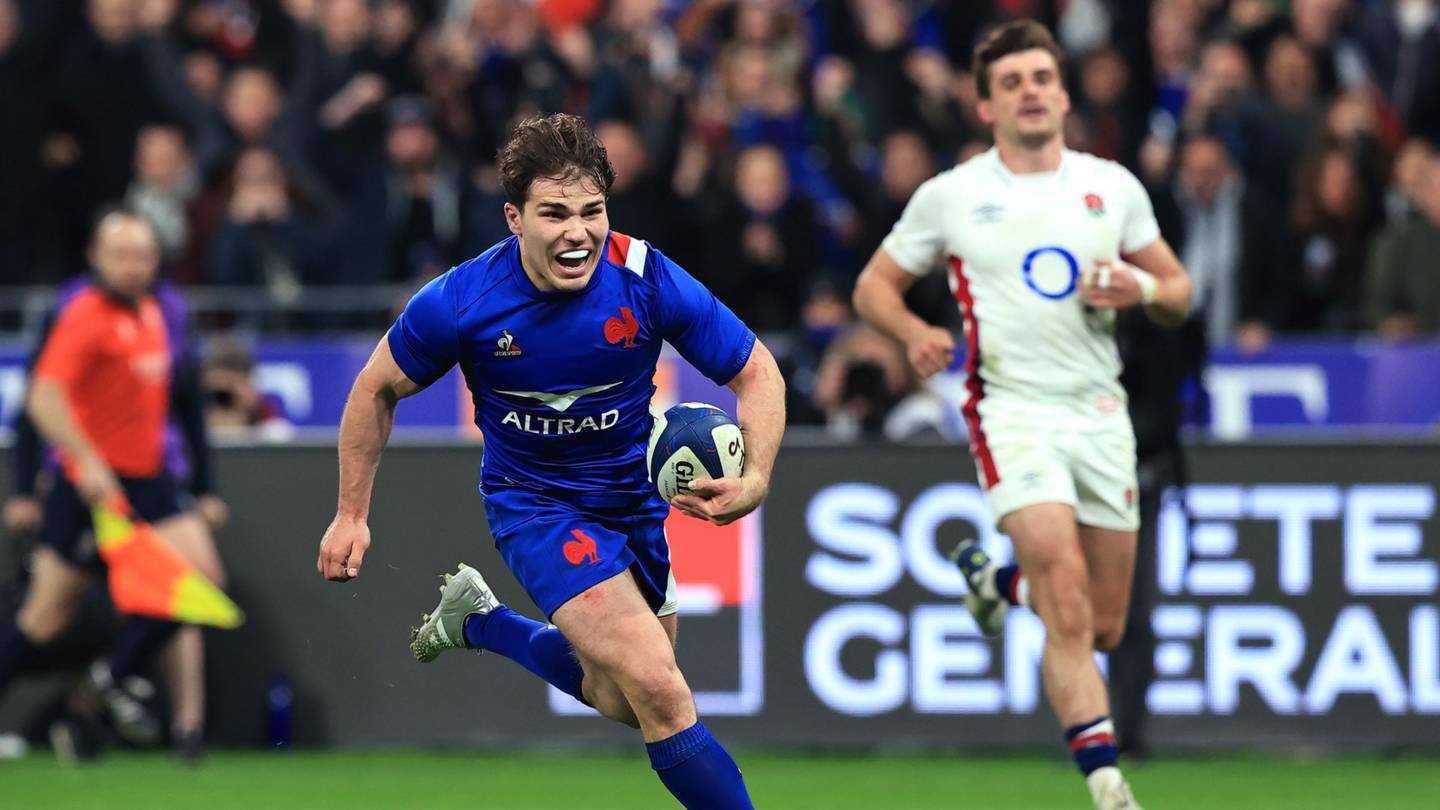 Englands Last Minute Try Secures Six Nations Win Against France
May 02, 2025
Englands Last Minute Try Secures Six Nations Win Against France
May 02, 2025 -
 Minnesota Special Election Key Takeaways From Ap Decision Notes
May 02, 2025
Minnesota Special Election Key Takeaways From Ap Decision Notes
May 02, 2025
Latest Posts
-
 Benson Boone Responds To Harry Styles Copying Accusations
May 10, 2025
Benson Boone Responds To Harry Styles Copying Accusations
May 10, 2025 -
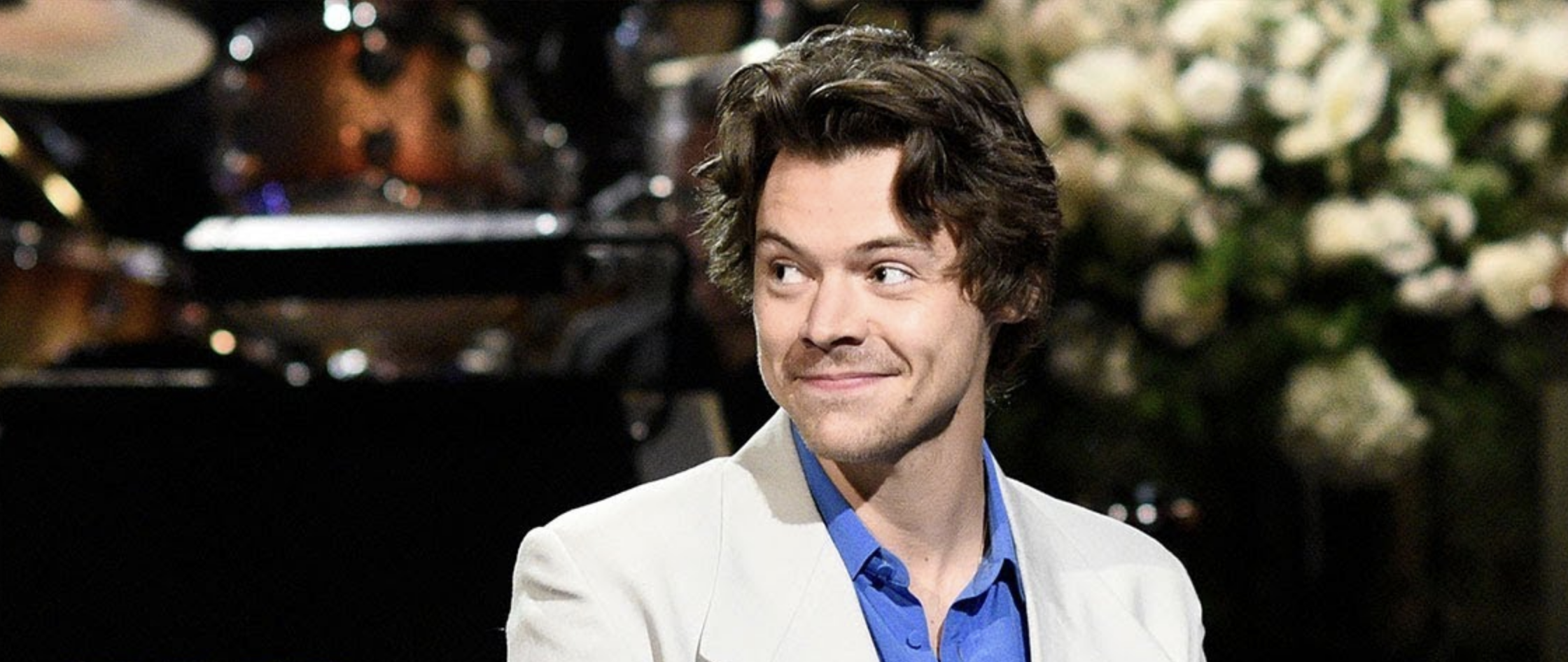 How Harry Styles Reacted To A Hilariously Bad Snl Impression
May 10, 2025
How Harry Styles Reacted To A Hilariously Bad Snl Impression
May 10, 2025 -
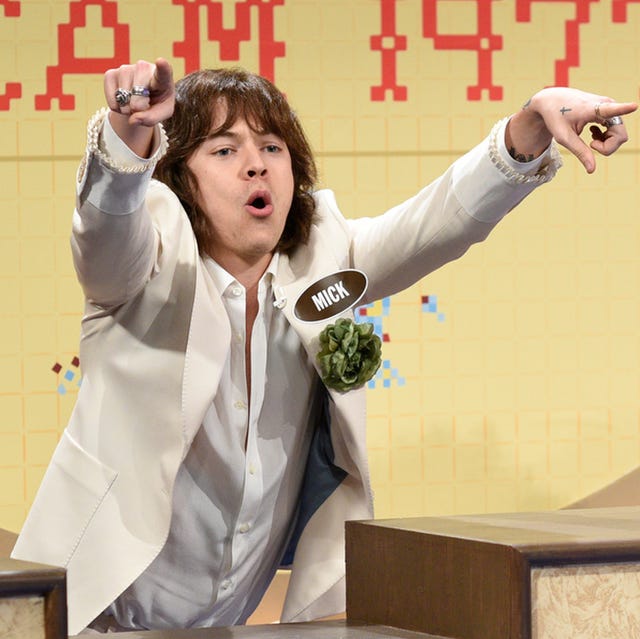 Harry Styles On That Awful Snl Impression His Honest Response
May 10, 2025
Harry Styles On That Awful Snl Impression His Honest Response
May 10, 2025 -
 Harry Styles Snl Impression The Reaction That Broke The Internet
May 10, 2025
Harry Styles Snl Impression The Reaction That Broke The Internet
May 10, 2025 -
 Snls Impression Of Harry Styles His Reaction And The Backlash
May 10, 2025
Snls Impression Of Harry Styles His Reaction And The Backlash
May 10, 2025
